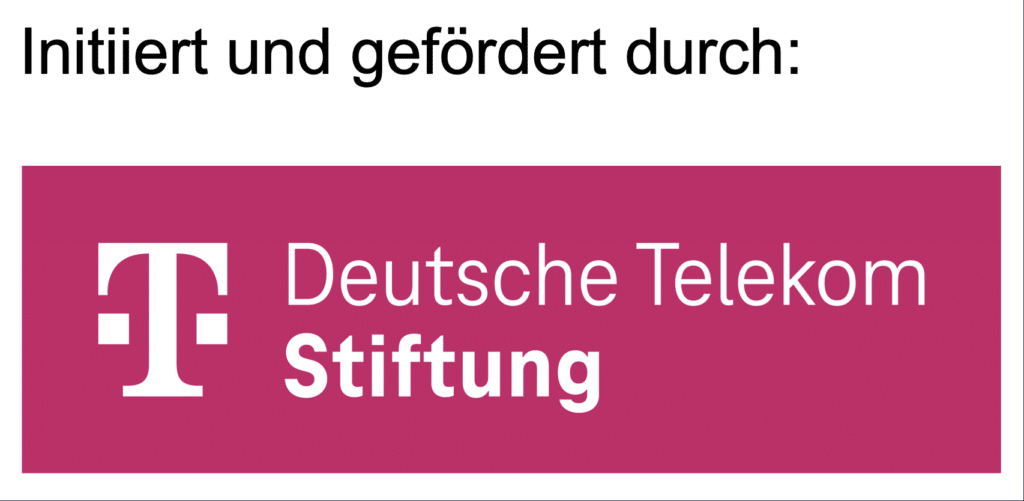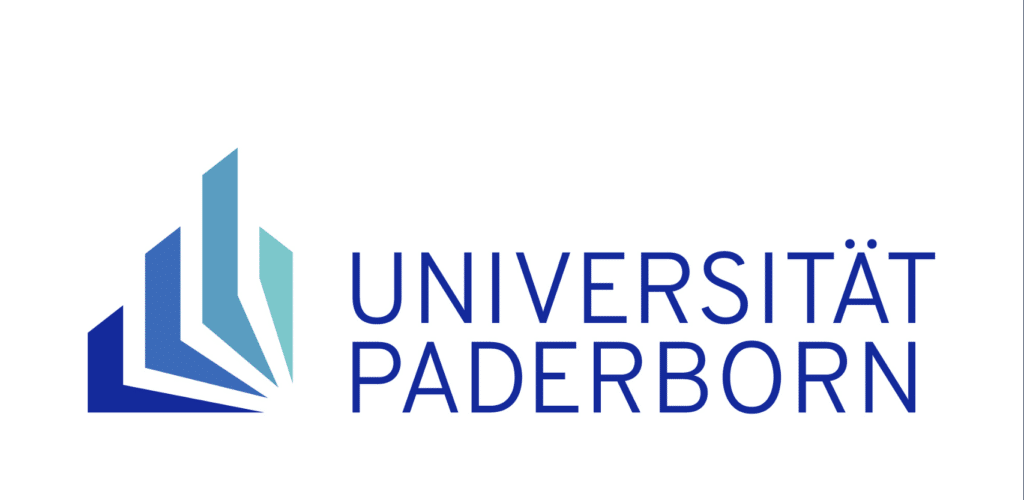Here you will find information on the Professional Development Course for Teachers “epistemic programming as a cognitive tool for everyone”.
Target Group and Requirements
The course is aimed at teachers of lower secondary school types who have already obtained a teaching qualification for lower secondary school and who teach or want to teach computer science or mathematics in lower secondary school and who would like to include data science and ideas of data-driven machine learning and artificial intelligence in their compulsory elective lessons in grades 8 to 10.
In this professional development course, Jupyter Notebooks and programming in Python will be used as a way to provide suitable teaching materials and interactive learning environments for pupils. Corresponding knowledge of Python and Jupyter Notebooks can be acquired using teaching material, which will be sent to the registered colleagues by email after the registration deadline. The relevant content will also be discussed and sufficiently deepened in the courses.
Contents
Preliminary remark
The materials presented in the professional development course are compatible with the current curriculum. Tried and tested teaching units and materials will be presented that have been jointly developed by experienced computer science teachers from the Arnsberg, Detmold and Münster districts and staff from the ProDaBi project at Paderborn University.
Professional development content
In this professional development module, a general education, knowledge-oriented programming approach (epistemic programming) is introduced, which is concretized using a teaching module on the topic of “Data-driven environmental analysis”. The aim of this professional development module is also to develop an implementation of this programming approach for your own lessons.
Epistemic programming
Epistemic programming as a programming approach for school is intended to provide pupils with an interest-based and insight-oriented perspective on programming by enabling them to use programming as an insight tool. Pupils should thus pursue their own interests through programming, gain insights and learn to communicate in order to express themselves. The corresponding programming approach relies on the use of supporting scaffolds such as libraries or ready-made “code snippets” to enable pupils - and especially those new to programming - to start programming in a simplified or abstract way. By using, adapting and combining “prepared program codes”, they can quickly achieve their own programming results and insights.
Aim of the professional development
The aim of the professional development course is to develop a concrete implementation of this programming approach for your own lessons, including suitable materials and scaffolds for the pupils. As a possible implementation, the participants of the professional development will be presented with a teaching module on the topic of “Data-driven environmental analysis” comprising around 12 lessons, in which pupils pursue their own environmental research questions by programming their own evaluations of data they have collected themselves. Examples of questions could be: “How can we improve CO2 levels in the classroom?” or “How does the level of particulate matter in inner-city traffic differ in 30 and 50 km/h zones?”. With regard to this teaching module, participants are first introduced to the various tools such as specific Jupyter notebooks and the measurement sensors, can explore them independently and then configure them for their own lessons.
In addition to developing a concrete implementation of this lesson plan, the participants also develop and discuss their own lesson outlines and ideas that take up the epistemic programming approach. In particular, the focus is on the professional and didactic exchange between the participants so that implementations can be planned and evaluated together.
Topics
- Epistemic programming approach as an insight-driven, generalist programming approach
- Python and Jupyter notebooks for creating interactive learning environments and worked examples or scaffolds for a knowledge-based introduction to data analysis in Python
- Computational Essays on the Documentation of Epistemic Programming Processes
- Teaching module “Data-driven environmental analysis”
- Sensebox and other Arduinos in conjunction with various sensors for data collection
- OpenSenseMap as a platform for data collection
- Development of own implementations of the epistemic programming approach for their own teaching
Material
The slides and other materials for professional development will be published here soon.
News
New training course "Data detectives at work" starts on 13.12.2023
Der nächste Durchgang der Fortbildung “Datendetekiv*innen bei der Arbeit – Data Science und künstliche Intelligenz (ohne Programmieren)” findet als zweitägige Lehrkräftefortbildung statt am 13.12.2023 und



